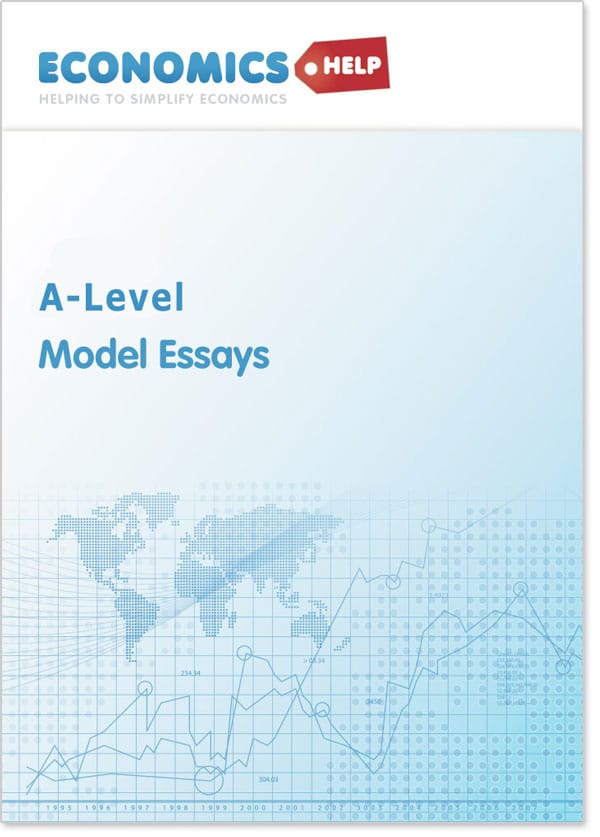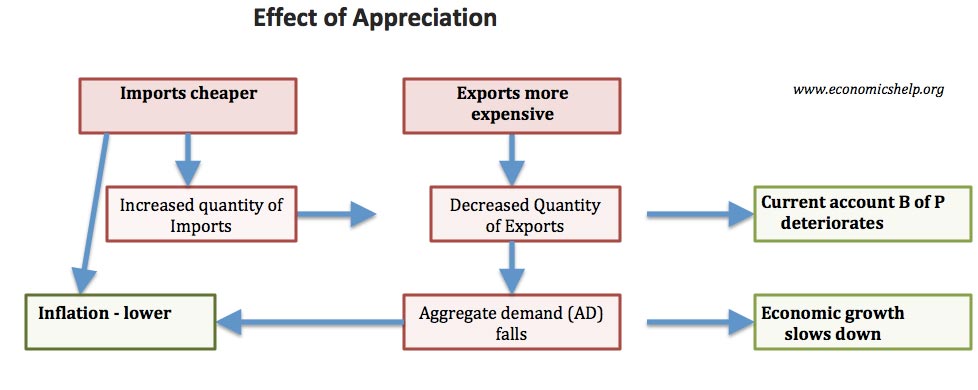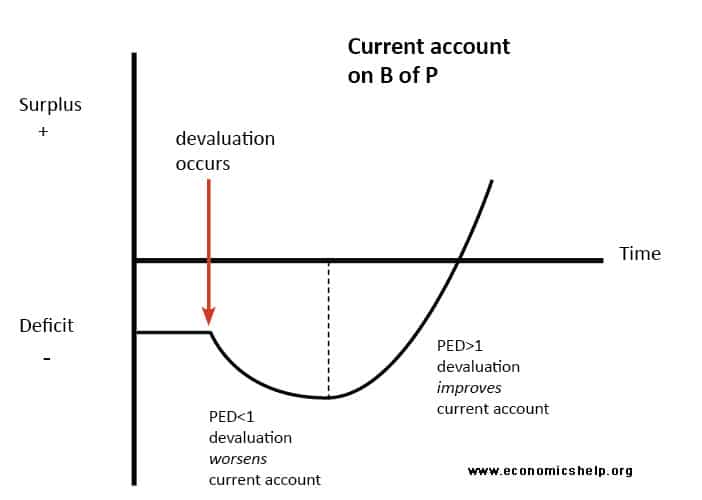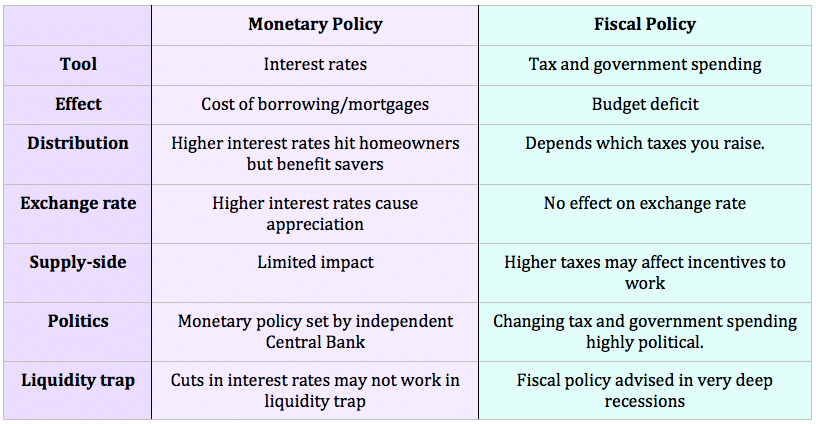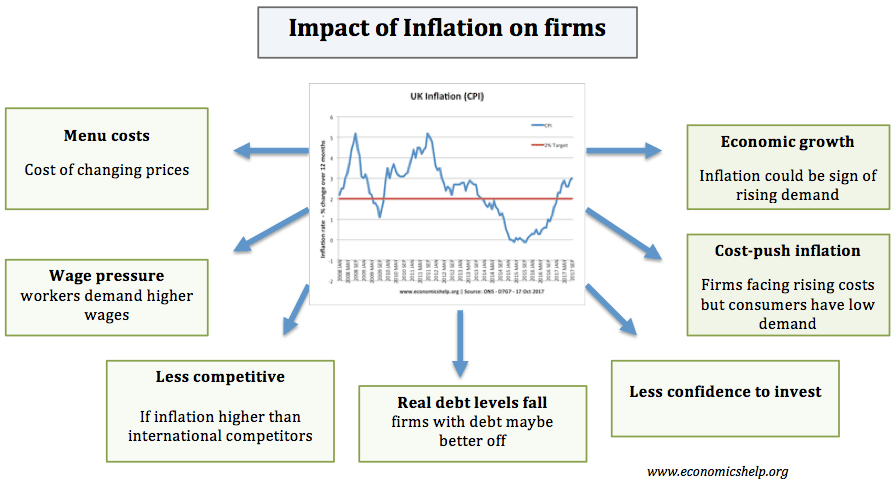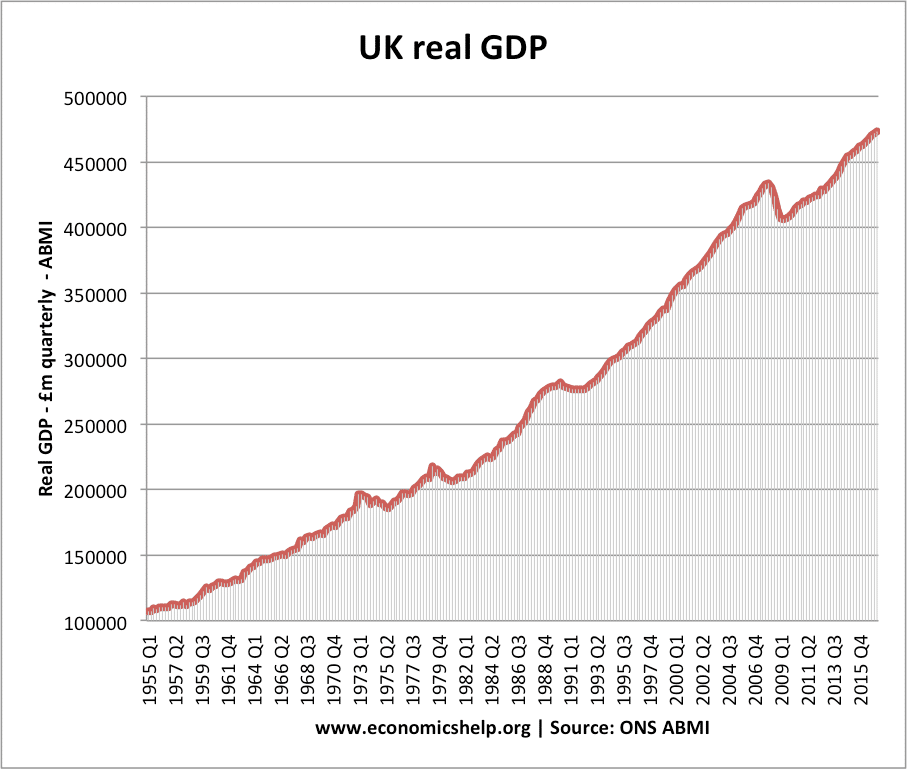A-Level Economics Essays
- 50 A-Level economic essays and model answers.
- Comprehensive answers which illustrate – how to answer the question, how to effectively evaluate and get a high A grade.
- Comes in e-book, pdf format ( Sent via email straight after purchase.)
- All questions are taken from past exam papers. I have chosen questions which are appropriate for all exam boards. Updated 2019.
- These answers will help you understand what is required to get an A grade.
- For Network Licence (unlimited use within a single educational establishment) – £80.00

